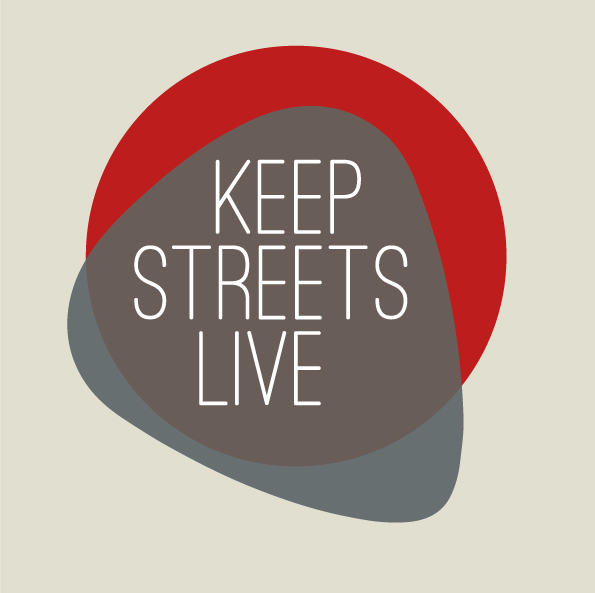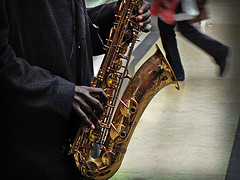Photo: maistora.
We have one general and seven particular objections to Liverpool City Council’s new street performance policy.
In general, then, we object to the negative tone of the language used towards street performers throughout the minutes of the Cabinet Meeting where the new policy was put forward. For example:
At present street entertainment within the city centre can be intrusive to both businesses and residents alike. Street entertainers have in the past been accused of noise nuisance violations, repetitive performances, offensive/inappropriate behaviour and causing dangerous obstructions. There has been an increase in reports of abusive and offensive incidents which has caused alarm and distress to members of the general public and businesses within the city centre.
We believe this quote significantly overstates the issues that do arise from time to time from street performance, in order to provide a justification for the extensive and restrictive terms and conditions which Liverpool City Council are now requiring performers to sign up to.
Our seven particular objections to Liverpool City Council’s policy are as follows:
1. The policy uses coercive language and nebulous threats of prosecution for trespass in letters handed out to street artists and performers ahead of the new scheme, which needlessly intimidate vulnerable people and are exceptionally heavy handed. Since trespass is a civil, rather crimanal, offense, and requires material loss to be be proved, legally highly questionable.
2. In extending enforcement powers to stop street performance on the smallest of pretexts, the policy risks turning those individual council officers and police into a poor man’s Simon Cowell in the sense that they can efectively prevent licensed performers from performing simply because they take an aesthetic dislike to your act or even to what you are wearing.
3. The policy erroenously claims that “is illegal for persons under 18 to play, sing or perform in a street for money or monies worth”. In fact, the government’s own guidlines clearly state that “Children under 14 years may not busk”.
4. The policy is full of arbitrary specifications that make little sense. For instance: performers cannot occupy more then a 1.5m radius; sound must not be heard from more than 30m away; there can be no more than 5 people in a musical ensemble; signs must not be bigger than A4 in size; and no leaflets or demo CDs can be given away. The combined effect of all these sub-clauses is to grant officials of the council and enforcement officers due scope to endlessly chip away at performers and their ability to generate income by showcasing their talents.
5. The policy unnecessarily and arbitrarily limits the space wherein performances can take place, relegating street performance to a few officially sanctioned pitches, many of them in locations wholly unsuitable performance. Liverpool city centre has many natural pitches that performers are themselves accustomed for various reasons to performing upon: whether those reasons are acoustical, social or, indeed, economic. We favour dynamic rolling pitches with a recommendation for a 50m distance between noise-generating acts, with little restrictions on where ‘quiet’ acts like pavement artists can operate.
6. The policy requires performers to book with the council up to a week in advance to play for a maximum of two hours at any one pitch, turning what is often a spontaneous cultural event into a tightly controlled and highly limited activity. The policy is overly restrictive and needlessly bureaucratic. Street performance is, after all, a highly self-regulating business activity – those performers who are bad will not earn any money and quickly reconsider their act, whilst those who are good will flourish economically. The policy, furthermore, will make it much more difficult to make a living from street performance, thereby discouraging more accomplished acts from playing in Liverpool – the exact opposite result of the policy’s stated aims.
7. The policy discriminates against performers who use animals in their act. One owl-handler, who has a animal handling licence and £10 million worth of public liability insurance, and whose street act incorporates elements of educating people about birds of prey will be banned for no good reason.





Leave a Reply